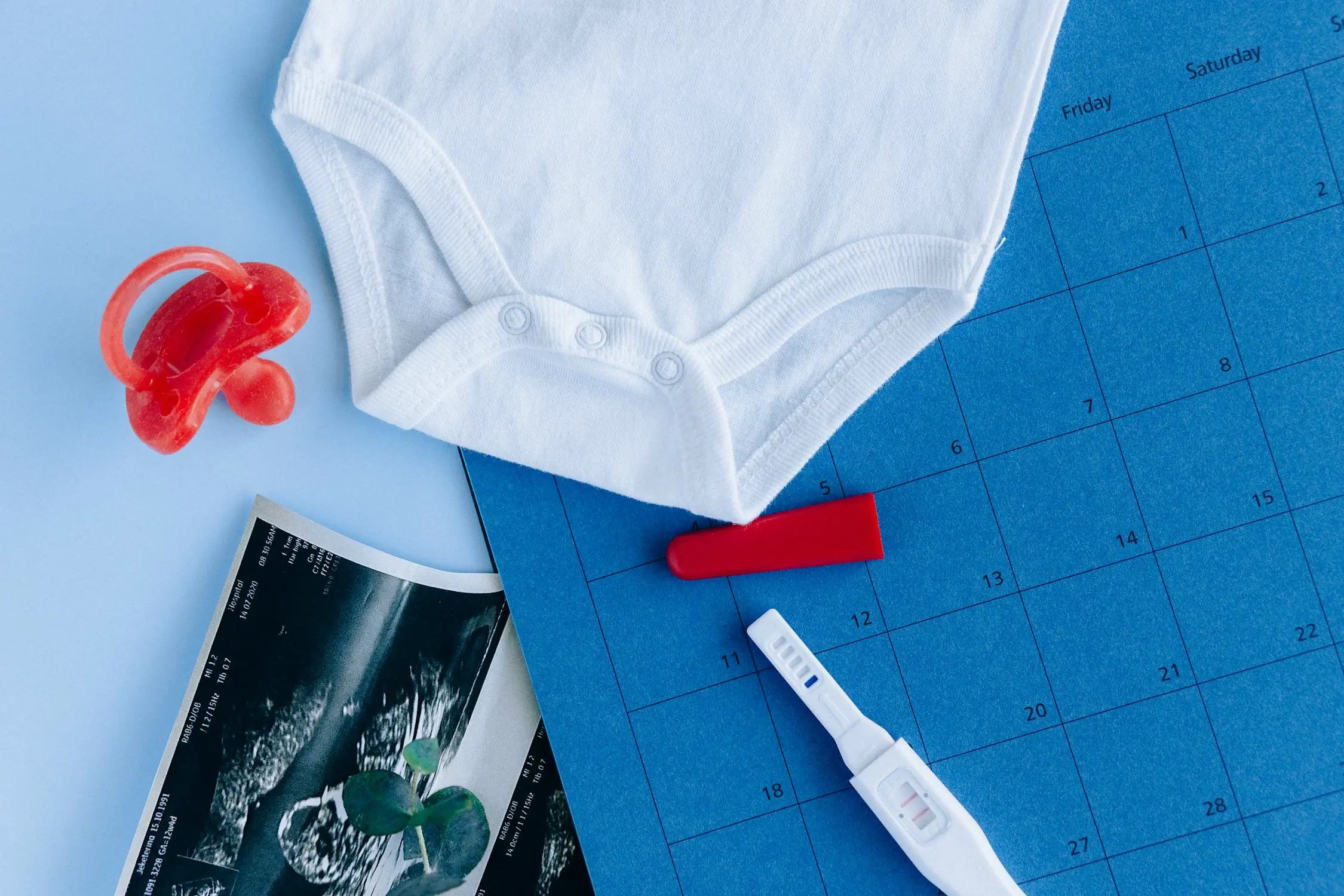Accueil
Pregnancy, Breastfeeding, and Pumping: The Ultimate Guide for Moms
How Soon After Sex to Test for Pregnancy: A Comprehensive Guide

How Soon After Sex to Test for Pregnancy: A Comprehensive Guide
When it comes to determining pregnancy, timing is everything. Many people wonder, how soon after sex to test for pregnancy? The answer depends on several factors, including the type of test used, the timing of ovulation, and the sensitivity of the test. This article will guide you through everything you need to know about testing for pregnancy after intercourse.
Understanding the Basics of Pregnancy Testing
Pregnancy tests detect the presence of human chorionic gonadotropin (hCG), a hormone produced by the placenta after a fertilized egg implants in the uterus. hCG levels rise rapidly in early pregnancy, doubling approximately every 48 to 72 hours. Most pregnancy tests are designed to detect hCG in urine or blood, with urine tests being the most common.
When Does hCG Production Begin?
hCG production begins shortly after implantation, which typically occurs 6 to 12 days after fertilization. However, the exact timing can vary from person to person. For some, implantation may occur earlier or later, affecting when hCG becomes detectable.
How Soon Can You Test After Sex?
The earliest you can test for pregnancy is about 7 to 10 days after ovulation, assuming fertilization and implantation have occurred. However, testing this early may not always yield accurate results due to low hCG levels. For the most reliable results, it is generally recommended to wait until after you have missed your period.
Factors Affecting Test Accuracy
Several factors can influence the accuracy of a pregnancy test, including the sensitivity of the test, the timing of ovulation, and the concentration of hCG in your urine. Early morning urine typically contains the highest concentration of hCG, making it the best time to test.
Types of Pregnancy Tests
There are two main types of pregnancy tests: urine tests and blood tests. Urine tests are convenient and can be done at home, while blood tests are more sensitive and can detect pregnancy earlier. Blood tests are usually performed in a healthcare setting.
Tips for Accurate Testing
To ensure the most accurate results, follow these tips:
- Read the instructions carefully before taking the test.
- Use your first-morning urine for the highest concentration of hCG.
- Avoid drinking excessive fluids before testing, as this can dilute your urine.
- Wait the recommended amount of time before reading the results.
What to Do If You Get a Positive Result
If your pregnancy test is positive, it is important to confirm the result with a healthcare provider. They can perform a blood test and provide guidance on next steps, including prenatal care.
What to Do If You Get a Negative Result
A negative result may indicate that you are not pregnant or that you tested too early. If you suspect you might still be pregnant, wait a few days and test again. If your period does not arrive, consult a healthcare provider.
Common Misconceptions About Pregnancy Testing
There are several misconceptions about pregnancy testing, such as the belief that all tests are equally sensitive or that a negative result is always accurate. Understanding the science behind pregnancy testing can help dispel these myths.
When to Seek Medical Advice
If you experience symptoms of pregnancy but continue to receive negative test results, or if you have irregular periods, it may be time to seek medical advice. A healthcare provider can help determine the cause of your symptoms and provide appropriate care.
Testing for pregnancy can be an emotional and nerve-wracking experience. By understanding the science behind pregnancy testing and following best practices, you can increase the likelihood of accurate results. Remember, the key to knowing how soon after sex to test for pregnancy lies in timing, patience, and proper technique. Whether you're hoping for a positive or negative result, being informed will help you navigate this important moment with confidence.
Partager
